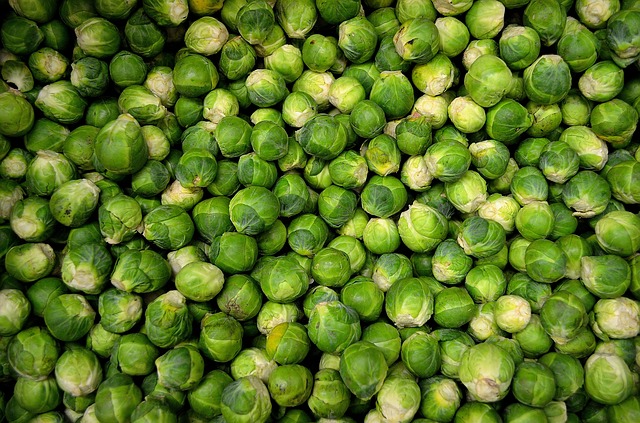
A garden offers much more than beautiful decoration. It is not just an aimless pasttime for the hobbyist with a green thumb. A garden provides its owner with serenity, contentment, and a deeper understanding of the things in life that truly matter. When you excel at gardening, these effects can prove very positive within you life.
Plant perennials that are resistant to slug and snail infestations. Snails and slugs can do irreparable damage to your garden in a single night. These pests are particularly fond of young perennials and those varieties with leaves that are tender, smooth, and thin. There are perennials that slugs do not want to eat, the ones that they hate have hairy leaves, or are unappealing to their taste. Some of the best varieties of these include achillea, campanula, euphorbia, and heuchera.
Having healthy soil in your garden will help your plants avoid insect pests. The healthier the plants you grow, the more resistant they’ll be to illness, fungus, or bugs. For healthy plants, start with healthy soil that is properly amended and free of chemicals in order to avoid salt accumulation.
Use climbers to cover walls and fences. Plants that climb are extraordinarily versatile, and can help hide an unsightly wall or fence, usually within one season. They also have been known to grow through existing trees or shrubs, or can be easily taught to cover any size arbor. There are natural climbers, which use tendrils or stems to wrap around any given surface, while others must be tied with a string or rope. Wisteria, jasmine, honeysuckle, clematis and some rose varieties are good choices for climbers.
Make sure to pre-soak seeds, preferably in a dark location. Place some seeds into a small container, then fill it with water until it is almost to the top. This lets water soak into the seeds, giving them an extra boost of hydration when they start growing. This increases the chances of survival for the seeds.
Aerate and dry your plants each day. If your plants are moist, this can attract disease and parasites. One common organism that thrives on moisture is the fungi family. You can control fungi with the application of fungicide sprays. However, the area should be treated before you see the onset of any problems.
A good fertilizer is important to add nutrients to your soil. Manure can help your plants grow quickly, but you must use only commercially created products to reduce the chance of contracting pathogens. Choosing a specific type of fertilizer is not particularly critical; as long as you’re using fertilizer, you’re improving your soil.
When landscaping and horticulture in autumn, choose plants and trees with vibrant colors. Fortunately, this doesn’t have to be. If you plan properly, you can make your fall garden the most colorful time of the year. Maple, beech trees or dogwood take on some amazing colors. Barberry, conaneaster and hydrangea are all wonderful choices in shrubs.
You can attract the insects you need by planting heather. Bees love heather, and when the heather blooms in early spring, it provides a good nectar source for them. Undisturbed shrubs, such as beds of heather, are probably home to a number of beneficial insects like spiders and ground beetles. If you do have to tend to your heather, wear gloves in case you accidentally annoy one of the residents!
Always completely protect any cuts, or wait until they are healed before attempting any gardening, as this can introduce dirt or chemicals into the wound. Cuts that are infiltrated by soil or other substances have the potential to breed serious infections. Get a bandage that seals the cut properly.
Take the necessary time when planting seeds. Water the soil first. Then you want to spread your seeds evenly while making sure that they have enough room to grow. Typically, seeds should be planted at a depth that is equal to three times their size. Some seeds need some light to grow, and therefore shouldn’t be buried.
Keep your compost pile balanced with a combination of dried and green plant mulch. Green plant material can include old flowers, fruit waste, grass clippings, vegetable waste, and leaves. Paper and straw are dry plant materials. Avoid meat, ashes, charcoal, plants with diseases and manure from carnivores.
Have biodiversity in your organic garden. Packing your garden with multiple species and varieties helps ensure you attract wildlife. Try replicating nature by creating a garden with a variety of different plants. Not only will wildlife enjoy the space you have created, but you will have a pleasant spot to relax, and feel satisfied that you are helping the environment.
This will make organic horticulture easier. Plan your landscaping based primarily on native bushes, flowers and grasses. Plants that are naturally suited to your environmental parameters are unlikely to require the degree of fertilization and chemical pest protection that would have to be expended on other plants. This way, your plants will thrive using compost created from other regional ingredients.
Apply these tips to make your garden a beautiful oasis. You will be rewarded by healthy plants full of life. Gardening can help change your way of life, only if you will allow it.